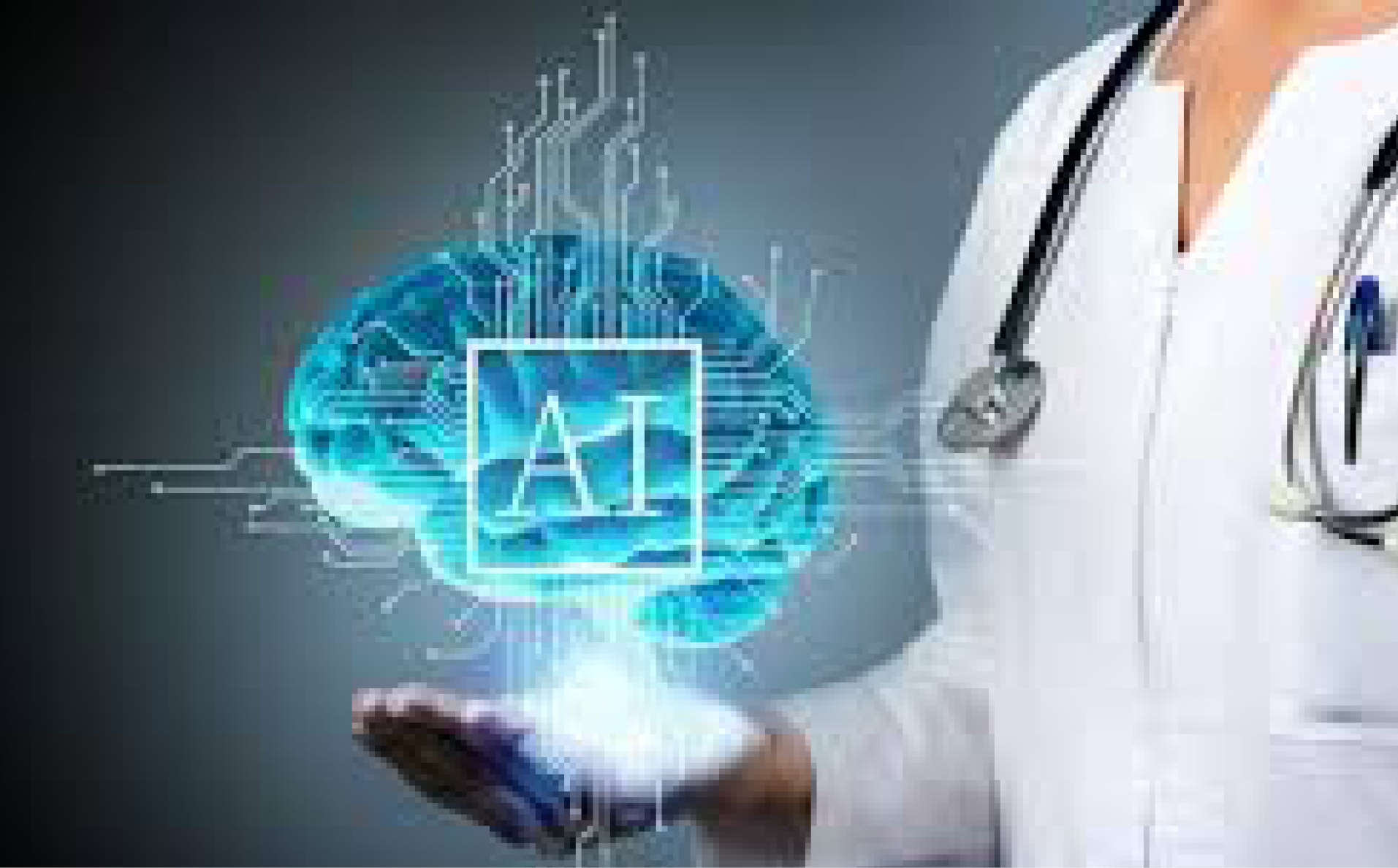
AI’s Role in the Future of Healthcare: Advancements and ChallengesAI’s Role in the Future of Healthcare: Advancements and Challenges Introduction Artificial intelligence (AI) is transforming the healthcare industry, offering unprecedented opportunities to improve patient outcomes, streamline processes, and reduce costs. With its ability to process vast amounts of data, make accurate predictions, and automate tasks, AI is poised to play a pivotal role in the future of healthcare. Advancements 1. Precision Medicine: AI algorithms analyze patient data to identify patterns and predict individual responses to treatment. This enables personalized treatment plans, reducing trial and error and improving outcomes. 2. Diagnosis and Prognosis: AI-powered systems assist clinicians in analyzing complex medical images and data to identify diseases and estimate risks. This can lead to earlier and more accurate diagnoses, improving patient survival rates. 3. Drug Discovery and Development: AI accelerates the process of drug discovery by predicting the efficacy and safety of potential candidates. It also streamlines clinical trials, reducing time and cost. 4. Workflow Automation: AI automates repetitive tasks such as appointment scheduling, insurance processing, and patient record management. This frees up healthcare professionals’ time, allowing them to focus on patient care. Challenges 1. Data Privacy and Security: AI requires access to vast amounts of patient data, raising concerns about privacy and security. Robust measures must be implemented to protect sensitive information. 2. Algorithm Bias: AI algorithms can be biased due to the data they are trained on. This can lead to unfair or inaccurate outcomes, which must be addressed to ensure equitable healthcare. 3. Provider Acceptance: Healthcare providers may be hesitant to adopt AI due to concerns about its accuracy, reliability, and impact on their jobs. Effective training and education are crucial to overcome these barriers. 4. Regulation and Standardization: As AI becomes more prevalent in healthcare, clear regulations and standards are needed to ensure its safe and ethical use. This includes guidelines for algorithm development, validation, and clinical trials. Conclusion AI has the potential to revolutionize healthcare, offering transformative advancements in patient care, efficiency, and cost reduction. However, it also presents challenges that must be addressed to ensure its responsible and equitable implementation. By navigating these challenges and harnessing the power of AI, we can create a healthcare system that delivers better outcomes, lower costs, and improved access to care for all.
Posted inNews